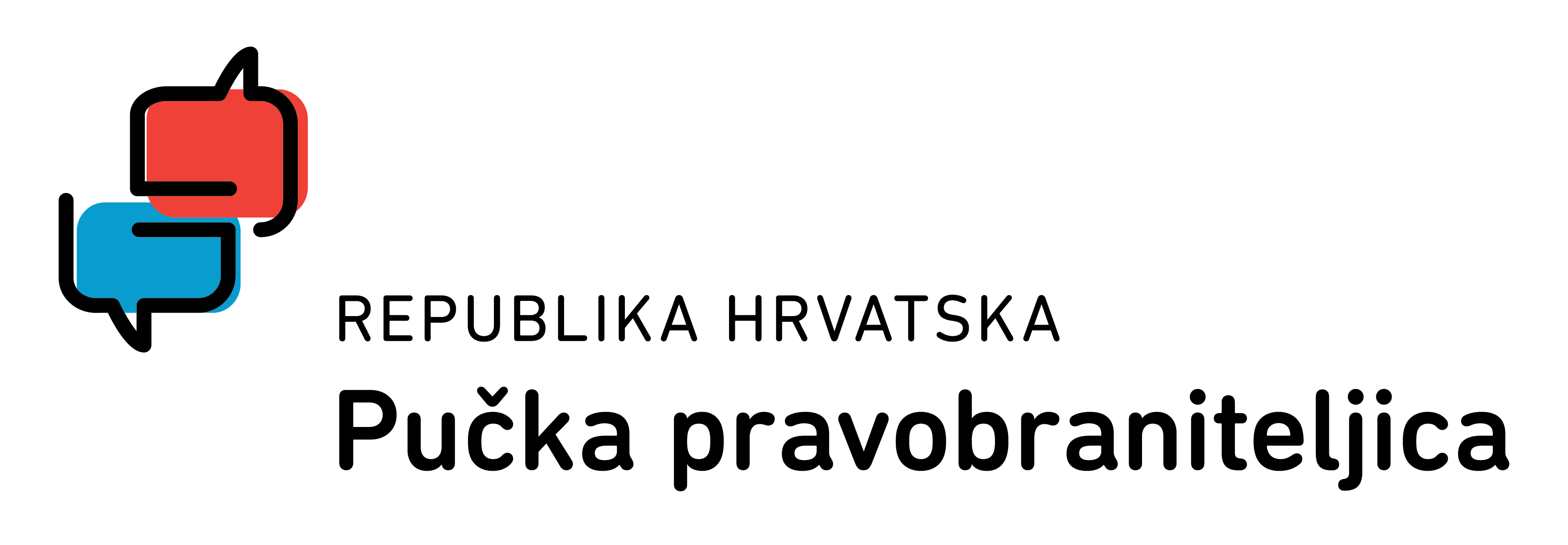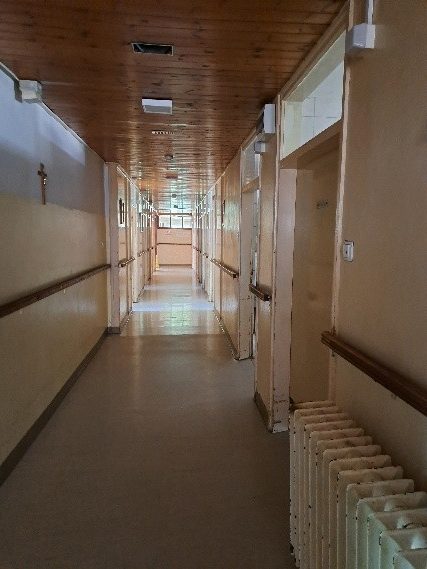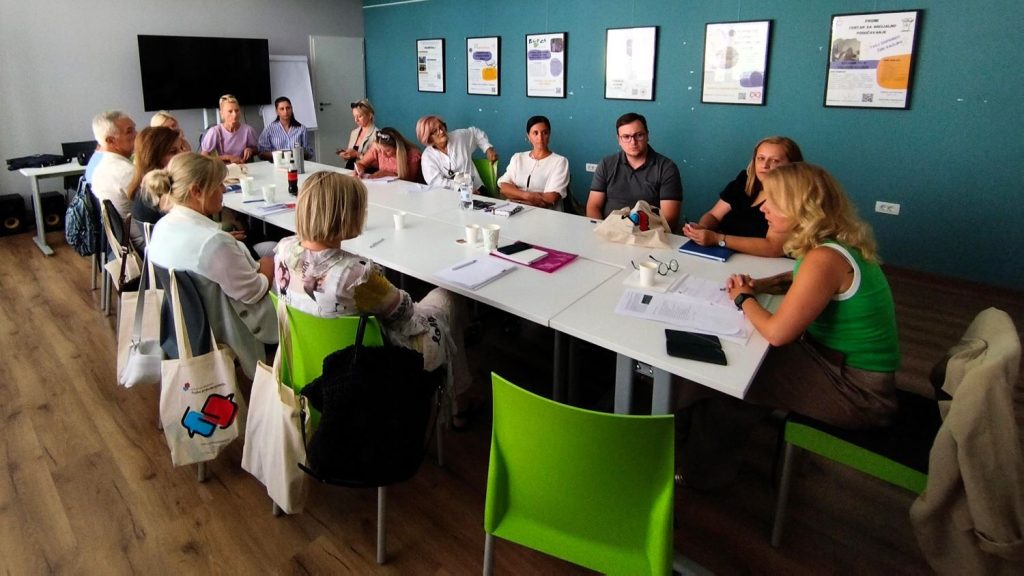Second conference of the South East European equality bodies, organised in Zagreb on 30th October 2017 by the Ombudswoman for Gender Equality, Višnja Ljubičić, focused on „Challenges in collecting statistics on discrimination grounds“.
Deputy Ombudswoman Tena Šimonović Einwalter highlighted the necessity for collecting indicators of discrimination while informing the participants on variety of data which the Office of the Ombudswoman collects in order to objectively report to the Parliament and public on the occurrence of discrimination. She also presented the results of the Survey on the level of discrimination awareness, conducted in 2016 as one of methods for collecting quantitative data on discrimination occurrence as well.
Representative on behalf of the Croatian Parliament Irena Petrijevčanin Vuksanović, and Deputy President of the Committee for Gender Equality, emphasised that the Committee supports activities aiming at gender equality promotion and that combating violence against woman is its priority. She expressed the support for regional cooperation which should be achieved through this equality body’s network.
Albanian Commissioner for protection against discrimination Irma Baraku and expert assistant to the Ombudsmen of Bosnia and Herzegovina Budimir Petković, presented their experience on the matter to the participants.
World Bank expert for social development and inclusion Dominik Koehler presented the results of the survey „Understanding the economic aspect of LGBTI discrimination in South East Europe“, conducted on-line among 3300 respondents from 8 countries from the region, in order to establish the economic impact of LGBTI participation in labour market.
Deputy Ombudswoman for persons with disabilities Dario Jurišić, stated that their own data shows the majority of discrimination cases refer to the negligence of reasonable accommodation.
Deputy Ombudsman of Montenegro Siniša Bjeković, said that in 2015 his institution was assigned with the mandate for monitoring the gender based violence; though this number is very small, it certainly does not reflect the incidents of violence, but rather indicates to underreporting thereof.
Ombudswoman for children Ivana Milas Klarić underlined that the majority of discrimination claims her institution received relate to combination of discrimination against children as well as parents and that the majority of complaints referring to discrimination stem from the area of education.
President of the Macedonian Commission for prevention of discrimination Aleksandar Dashtevski informed that in Macedonia no regulation regarding collecting these data existed whatsoever, giving the number of cases his institution registered and selected by discrimination grounds.
Serbian Commissioner for gender equality Brankica Janković singled out her recommendations for the necessary establishment of a central data collecting system and presented the idea of discrimination indicators that her institution recently developed.
Head of the Croatian Bureau of Statistics Marko Krištof informed that the Bureau annually publishes the report Men and Women in Croatia and that next year they will conduct a survey on gender based violence, with the support of Eurostat.
Last presentation was delivered by the former Deputy Ombudswoman for gender equality Goran Selanec, who spoke about the importance of the data for that institution’s work primarily in identifying trends and presence of structural inequalities. He also presented quantified indicators about gender inequalities in the area of labour.
Ombudswoman for gender equality subsequently published the following Conference recommendations:
(1) Systemic statistics collection according to the agreed methodology is necessary for the purpose of comparison at national and regional level;
(2) Establishment of a central body for collecting and processing statistical data, where still non-existent, is necessary;
(3) Systemic processing of statistical data on the situation of citizens discriminated against on any grounds provided by laws, is necessary;
(4) Institutional support to the civil organisations that collect and dispose with valuable data or statistically processed survey, is necessary;
(5) Exchange of statistical data among equality bodies in the South East Europe is welcomed in order to identify common challenges and find feasible resolutions
Foto: prs.hr





